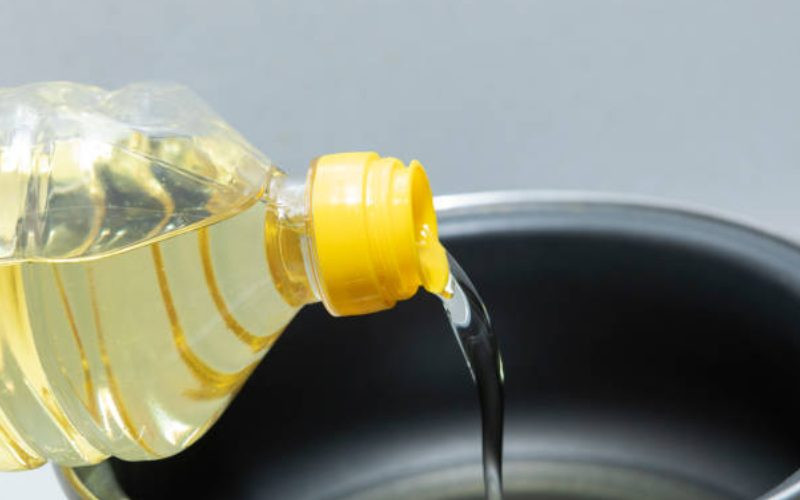×
The Standard e-Paper
Home To Bold Columnists

An Italian oil firm Eni has started production of vegetable oil at its recently constructed plant in Makueni County.
At the facility, the firm will extract oil from castor, croton and cotton seeds that will then be processed into biodiesel at biorefineries.